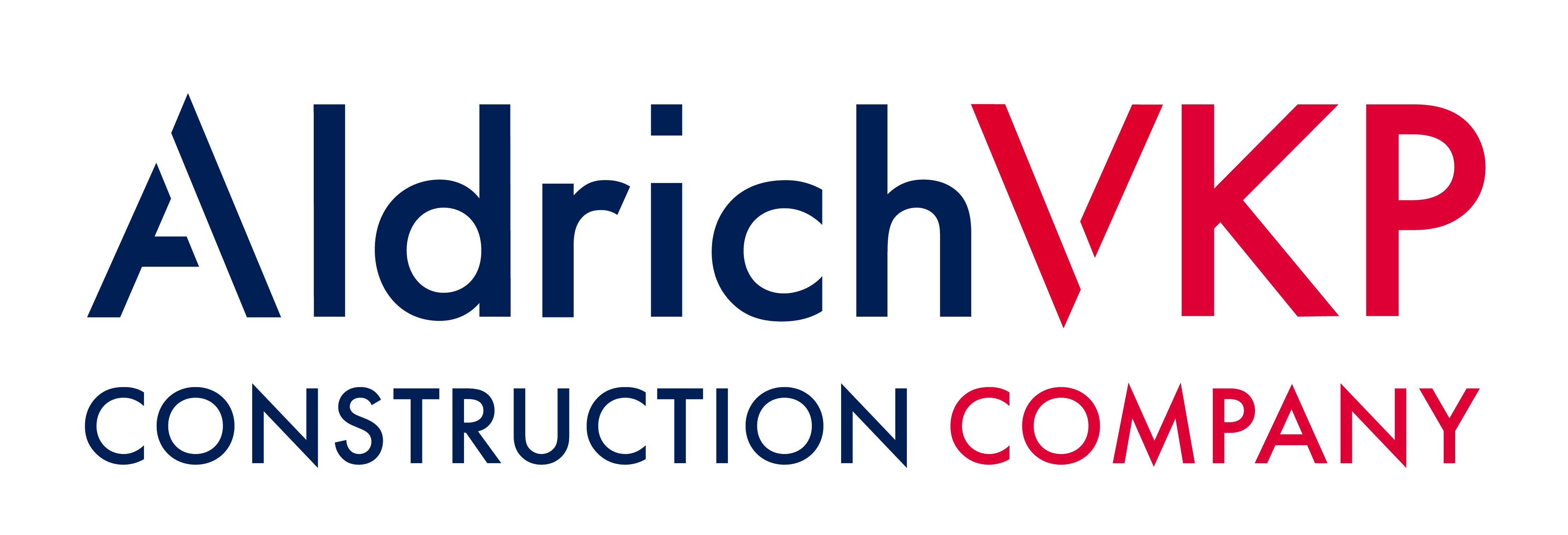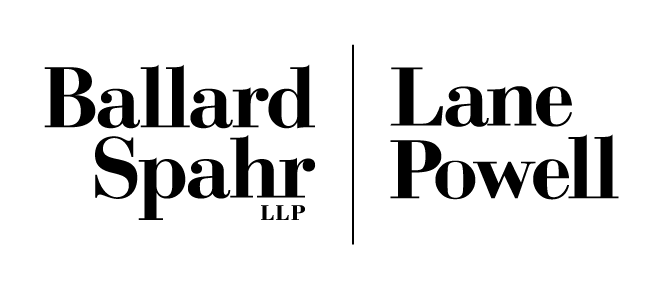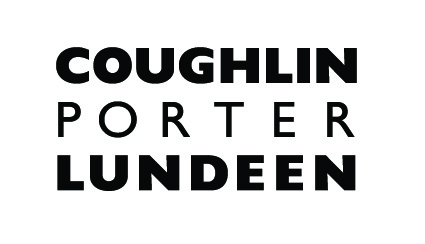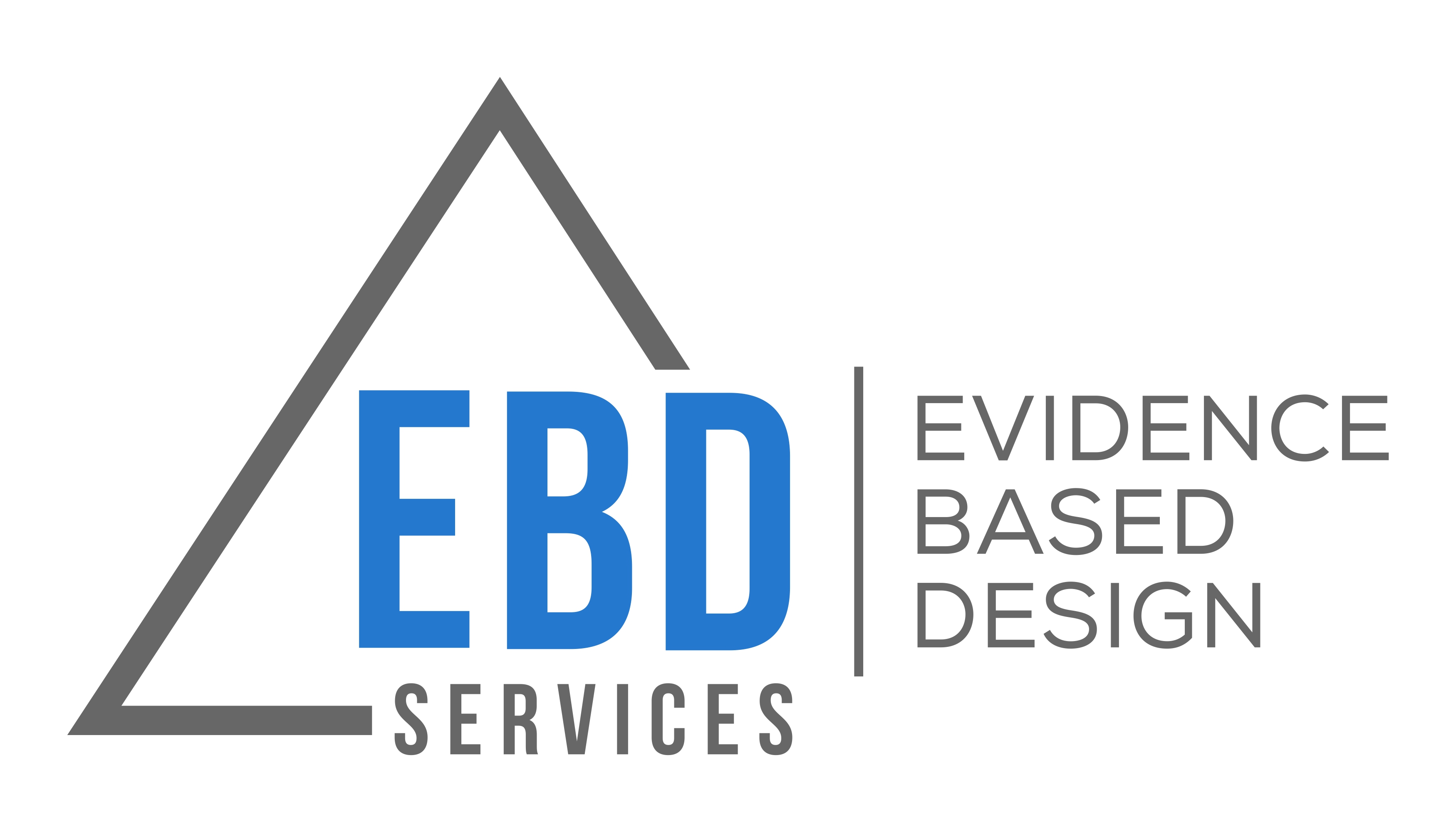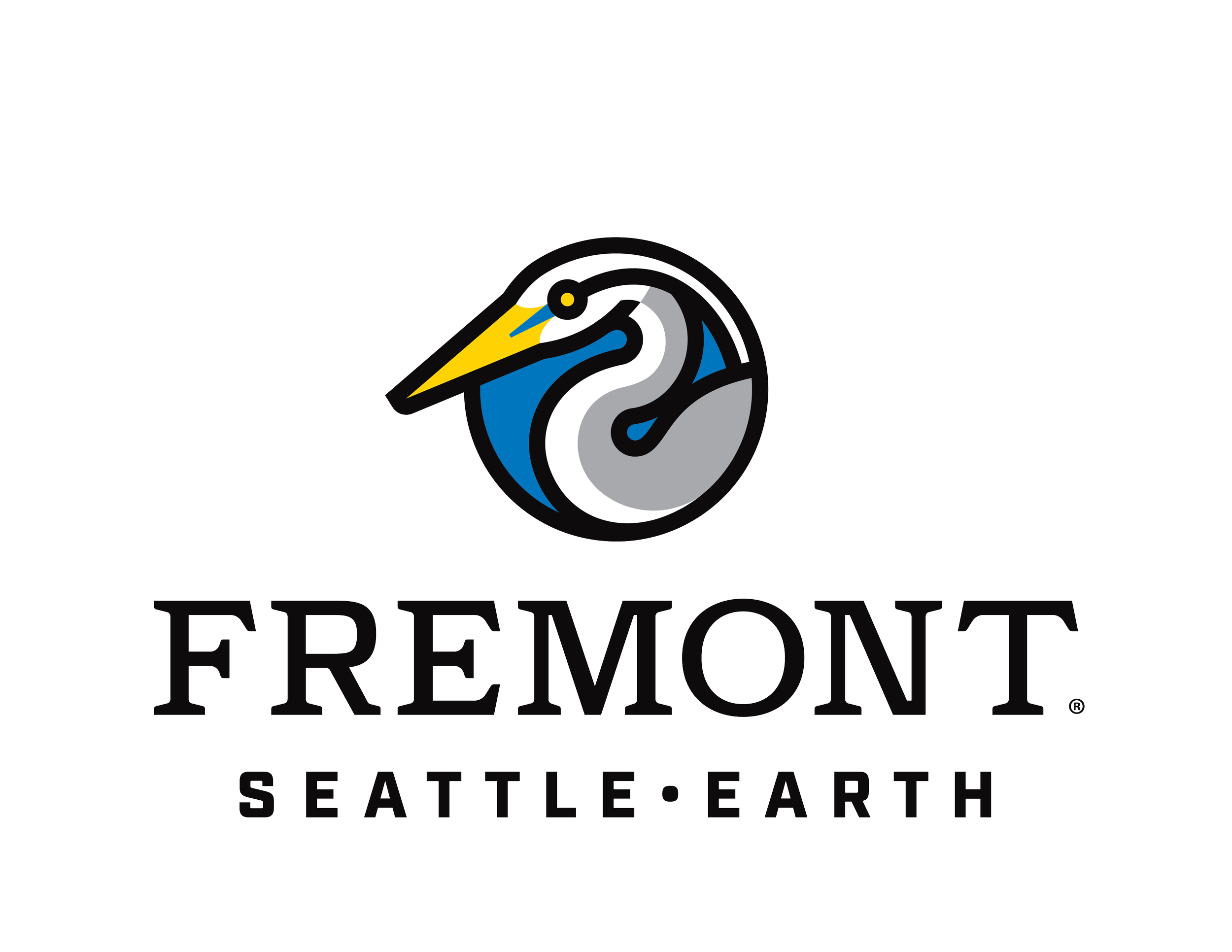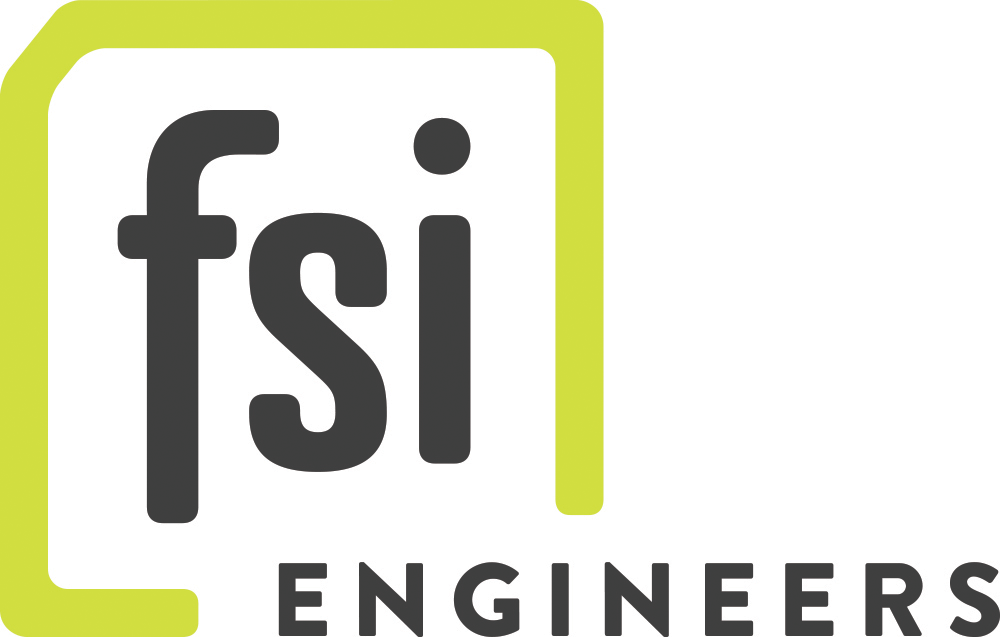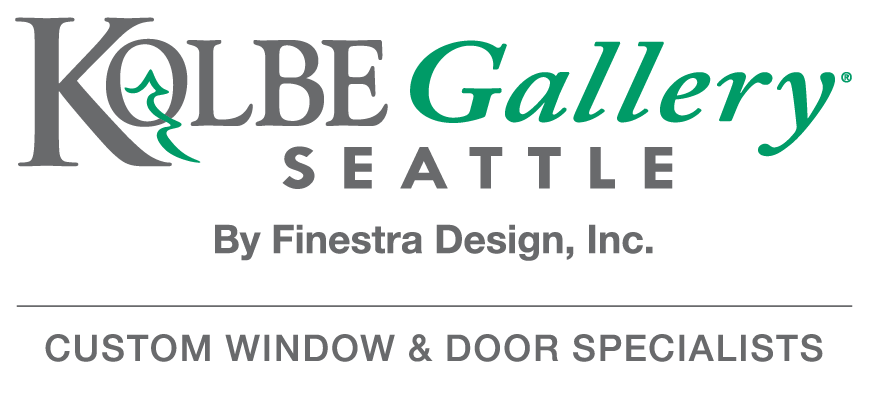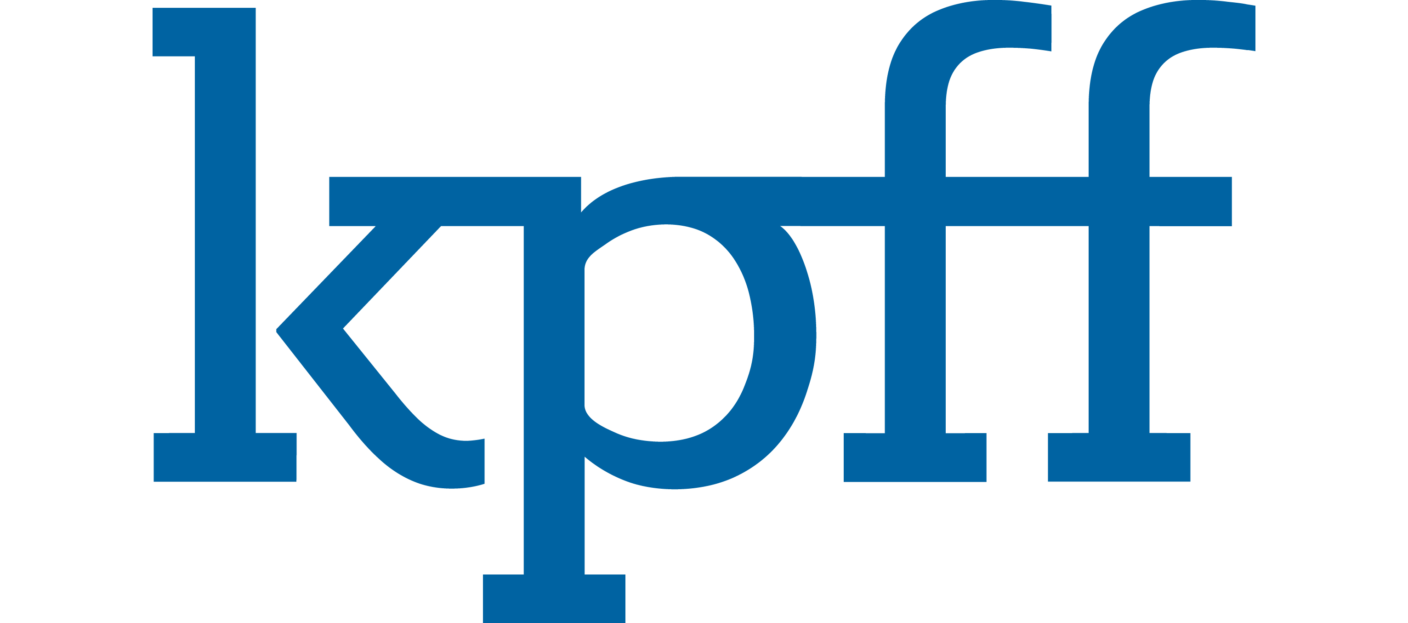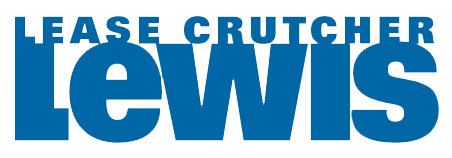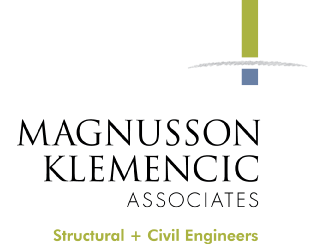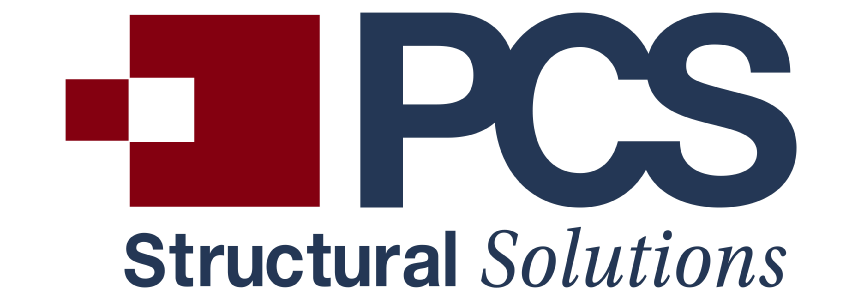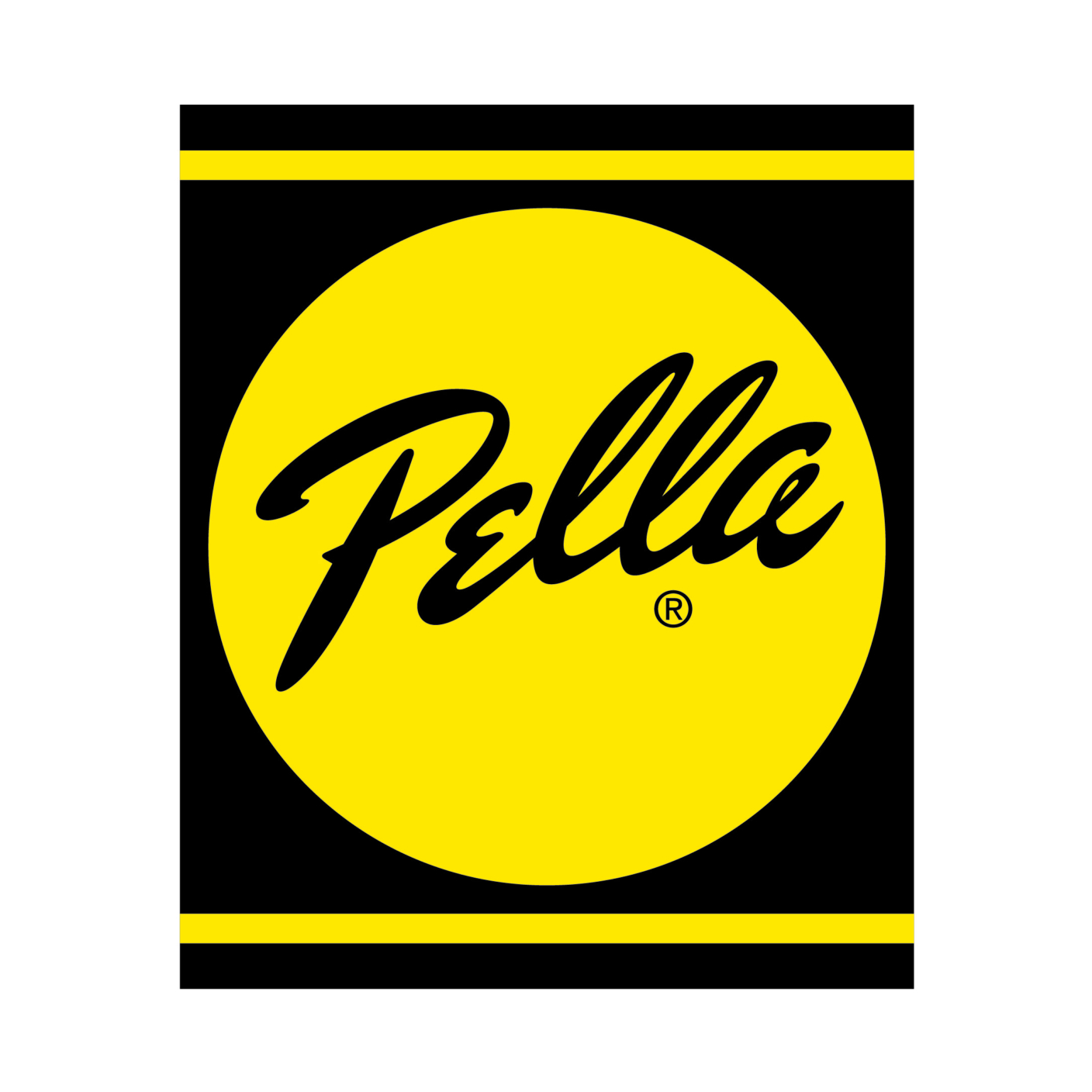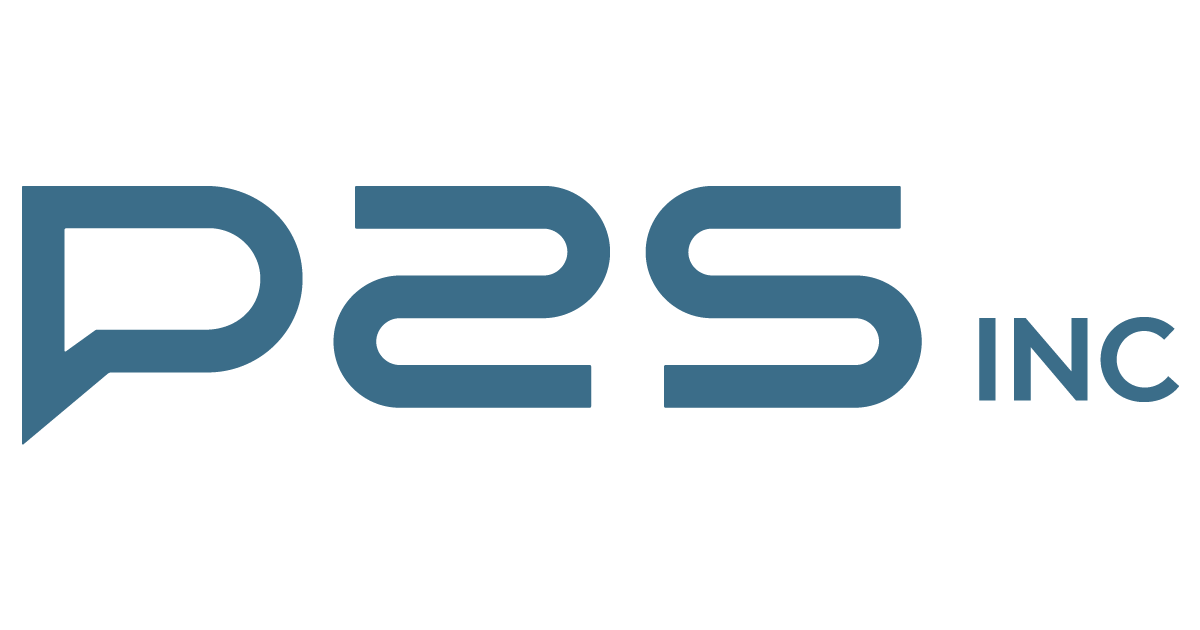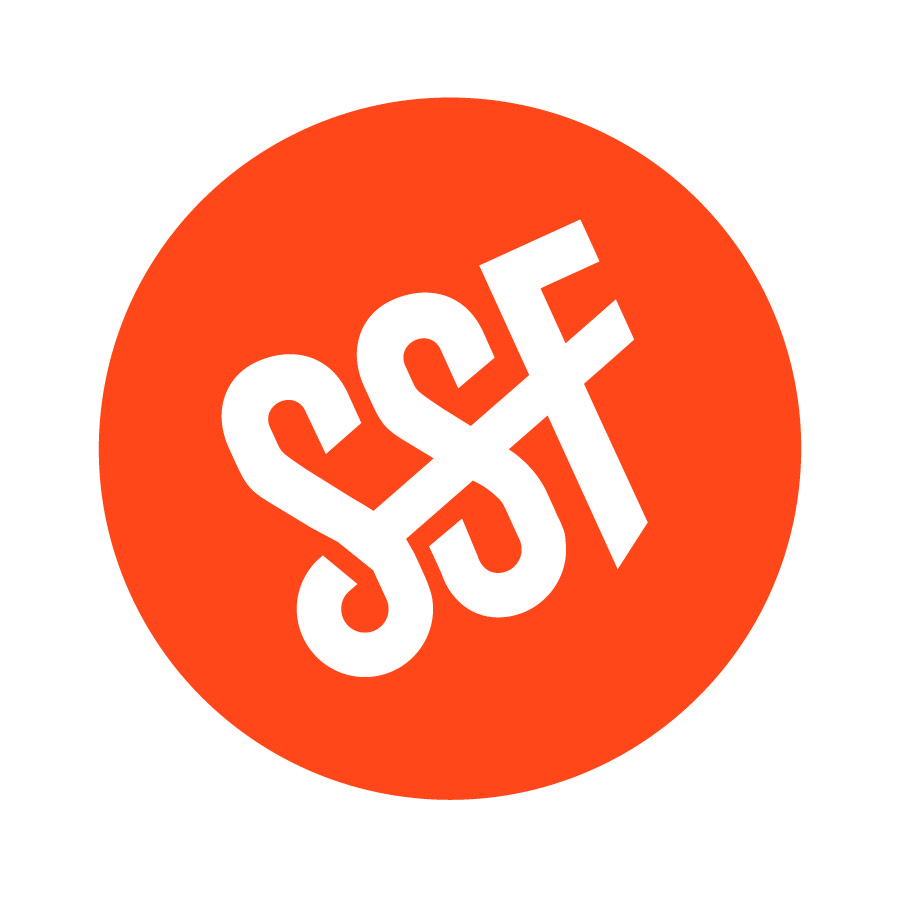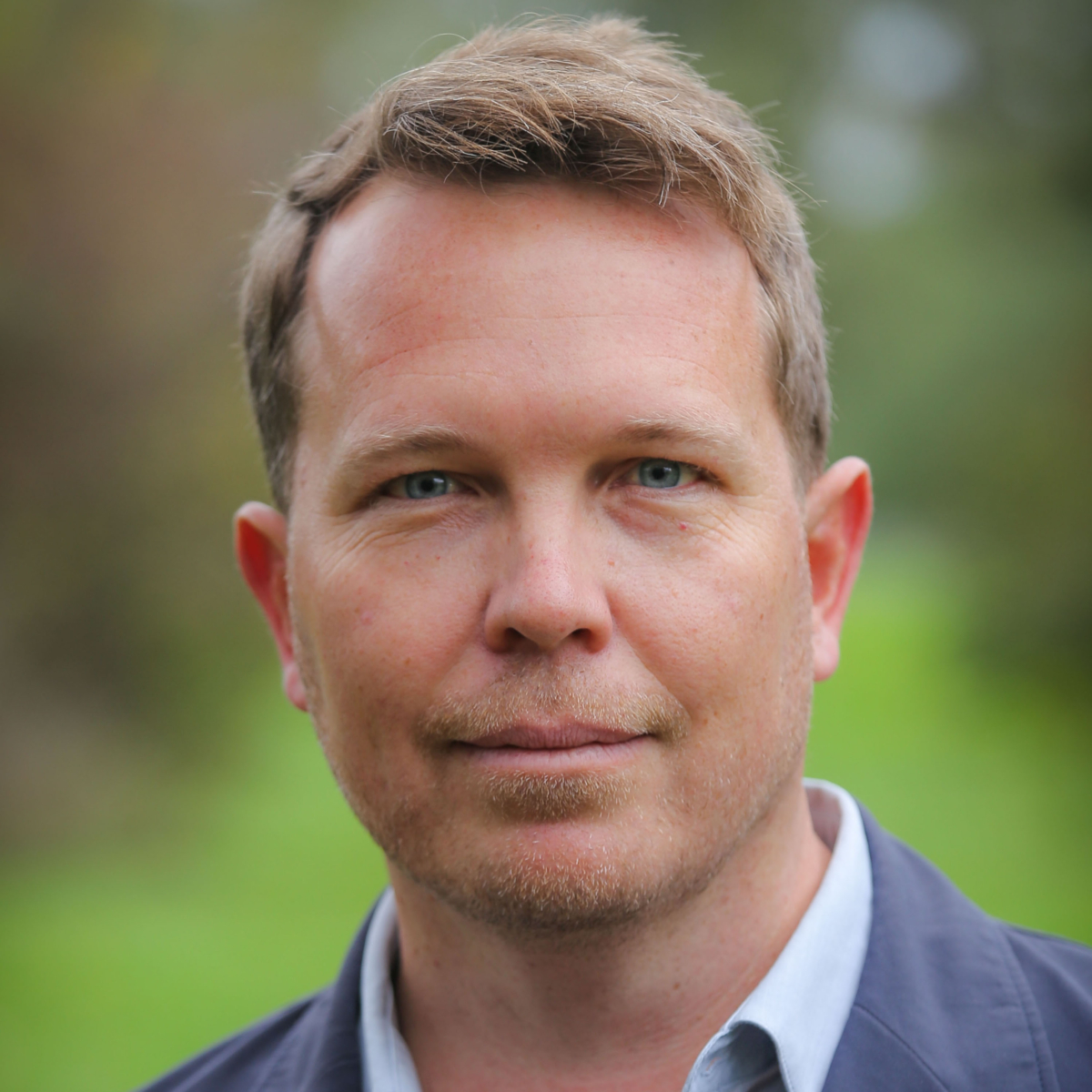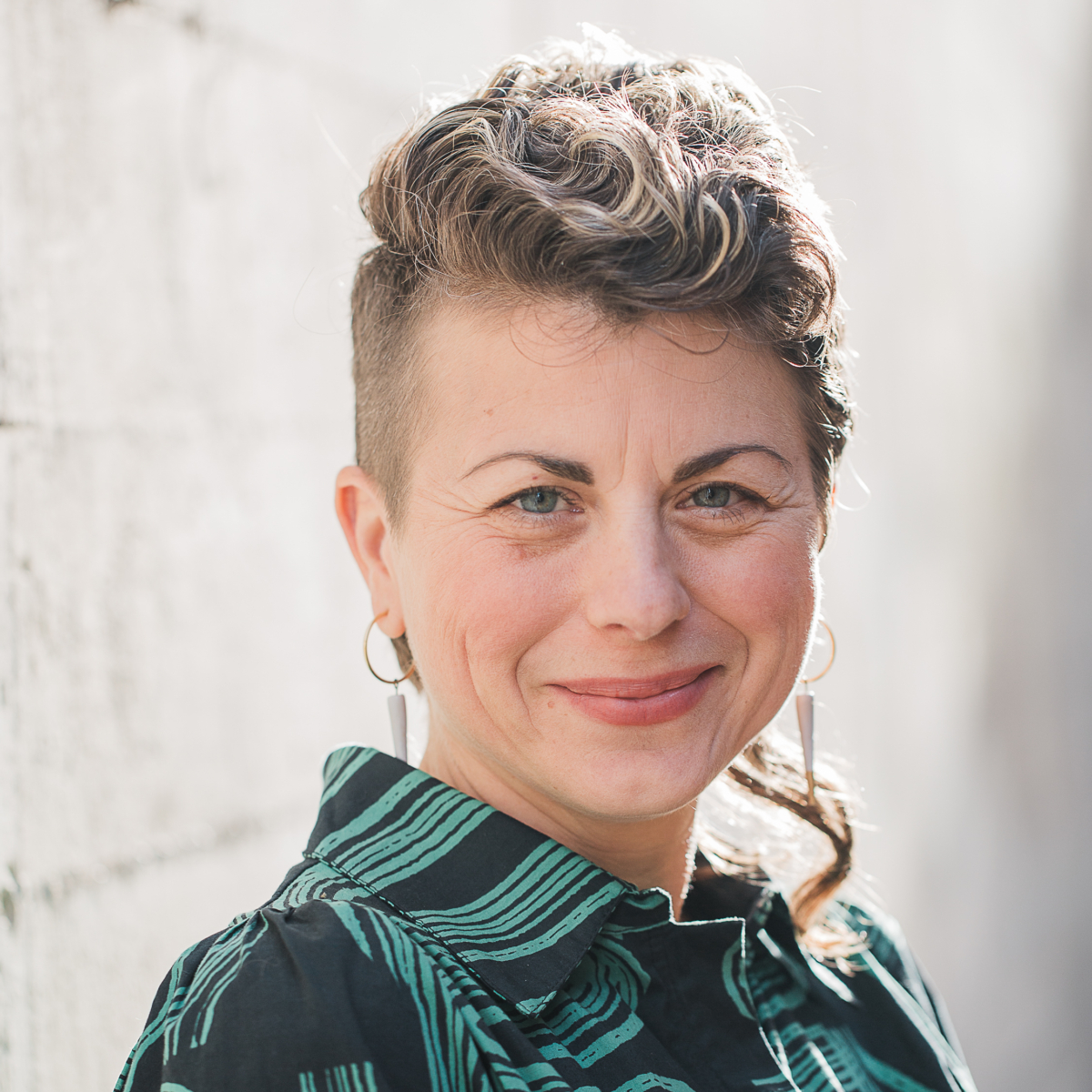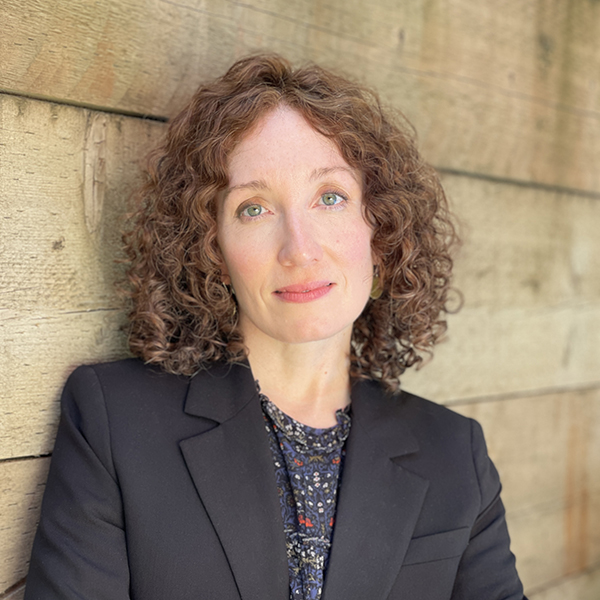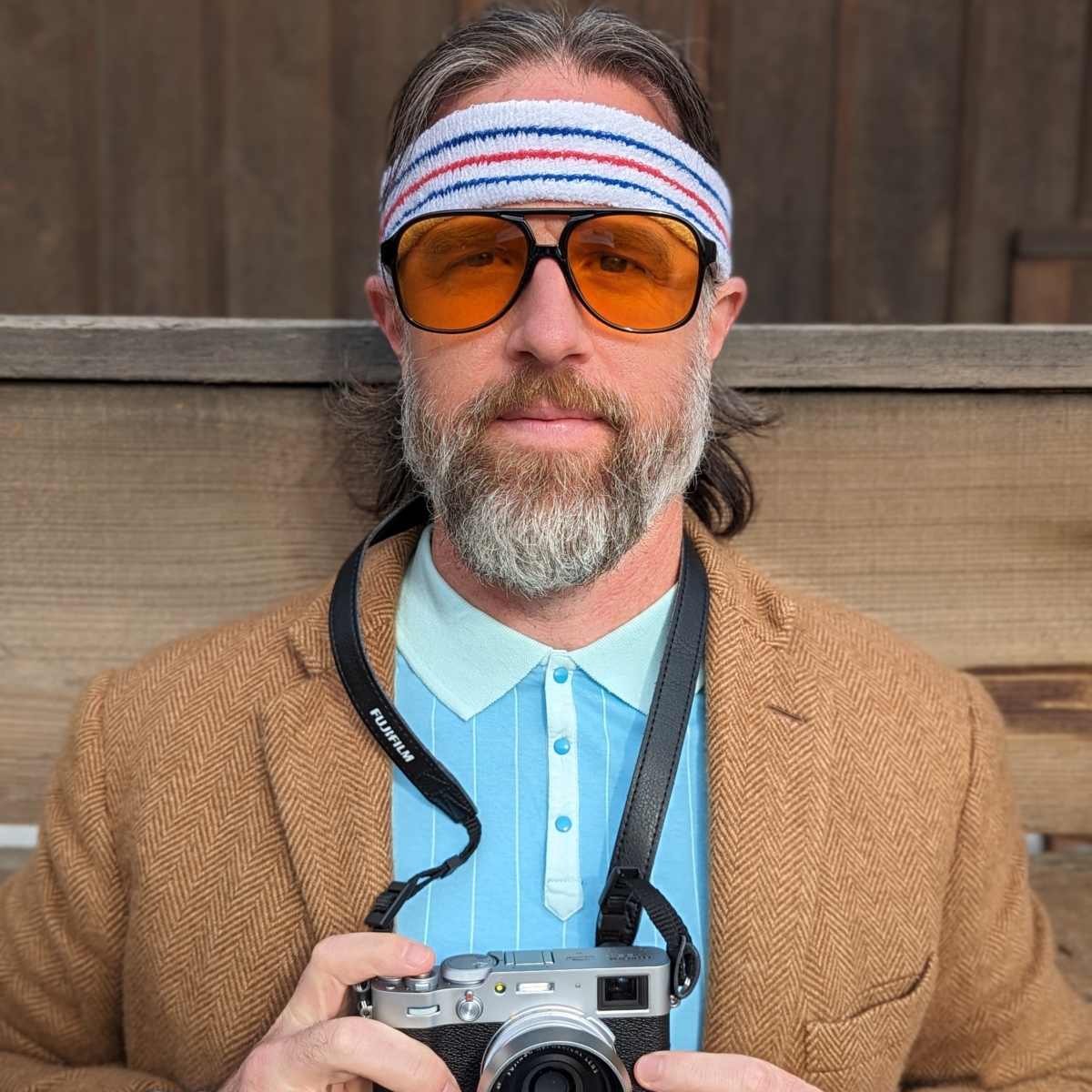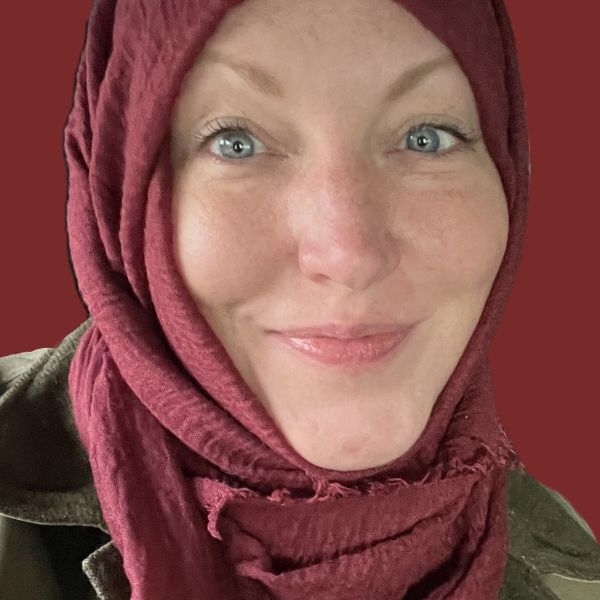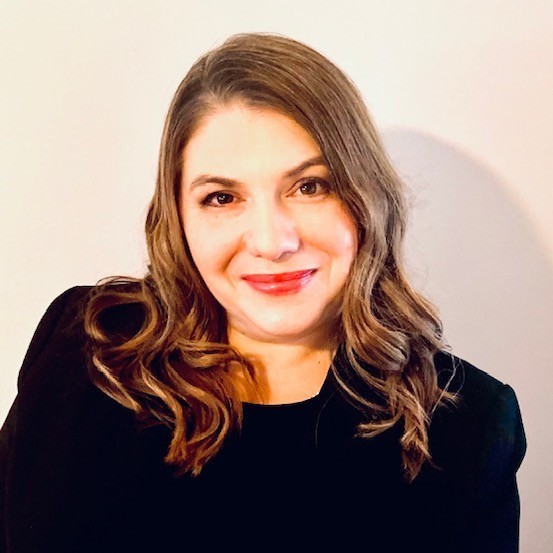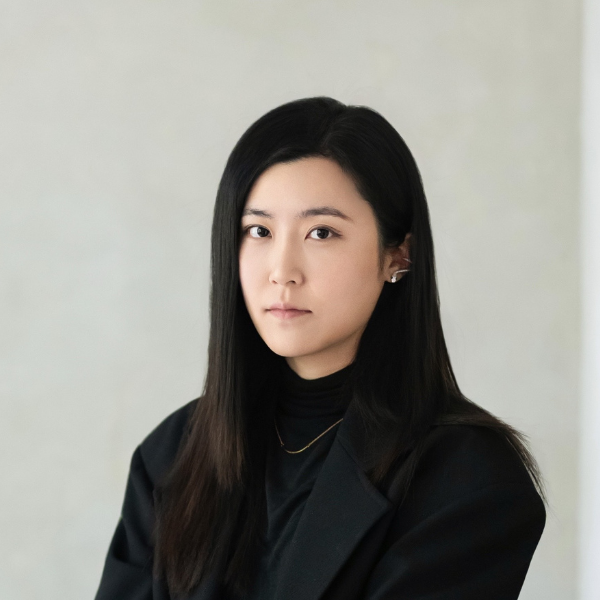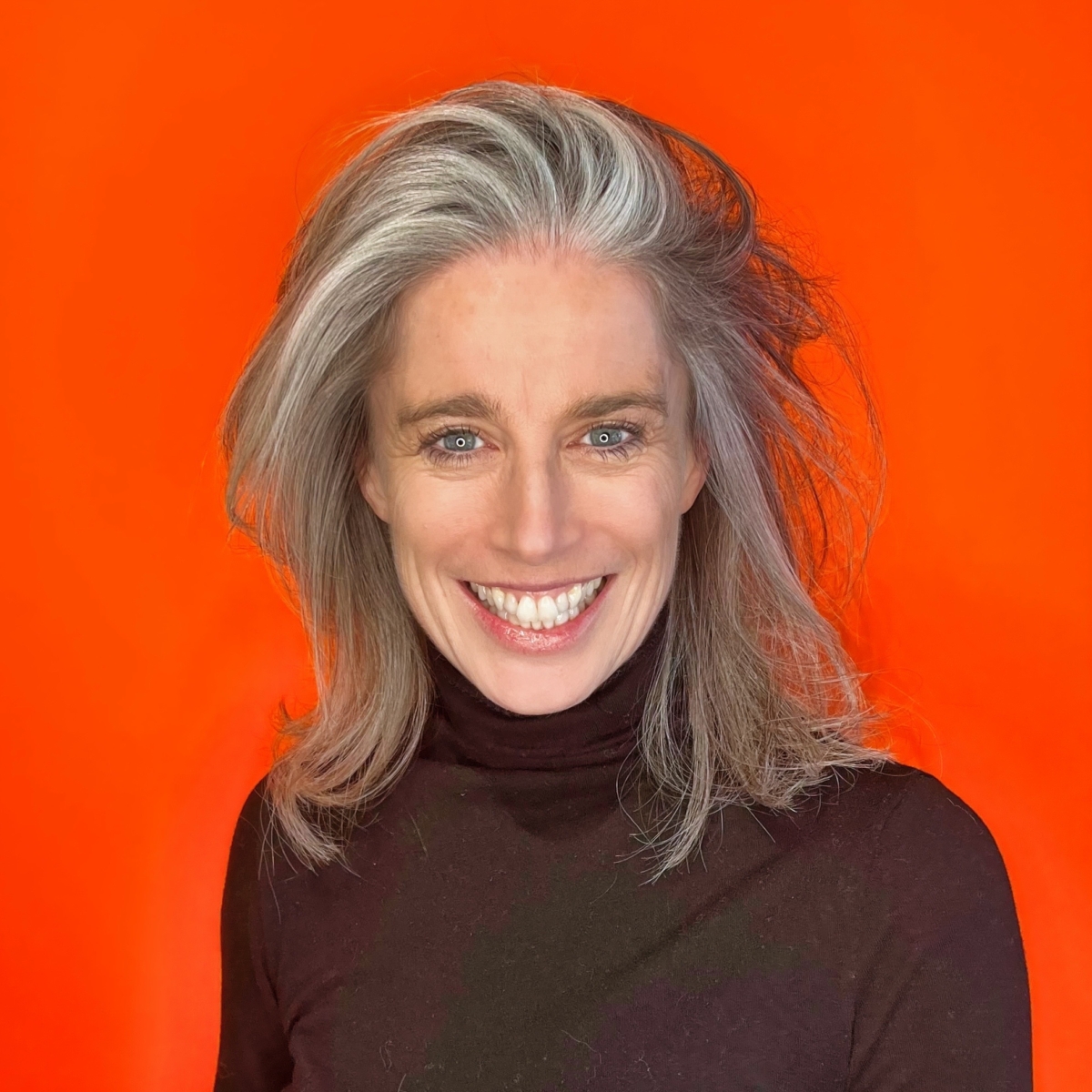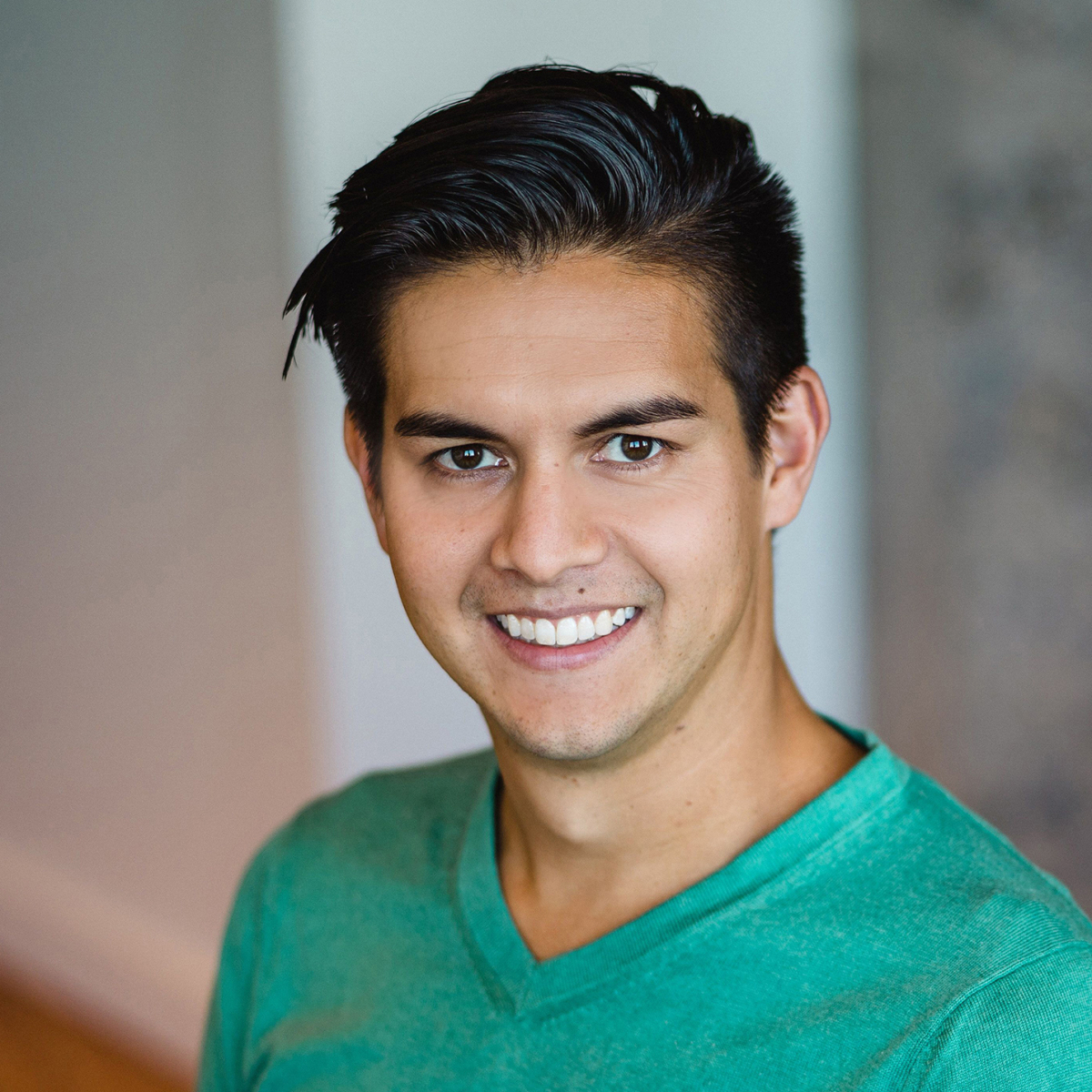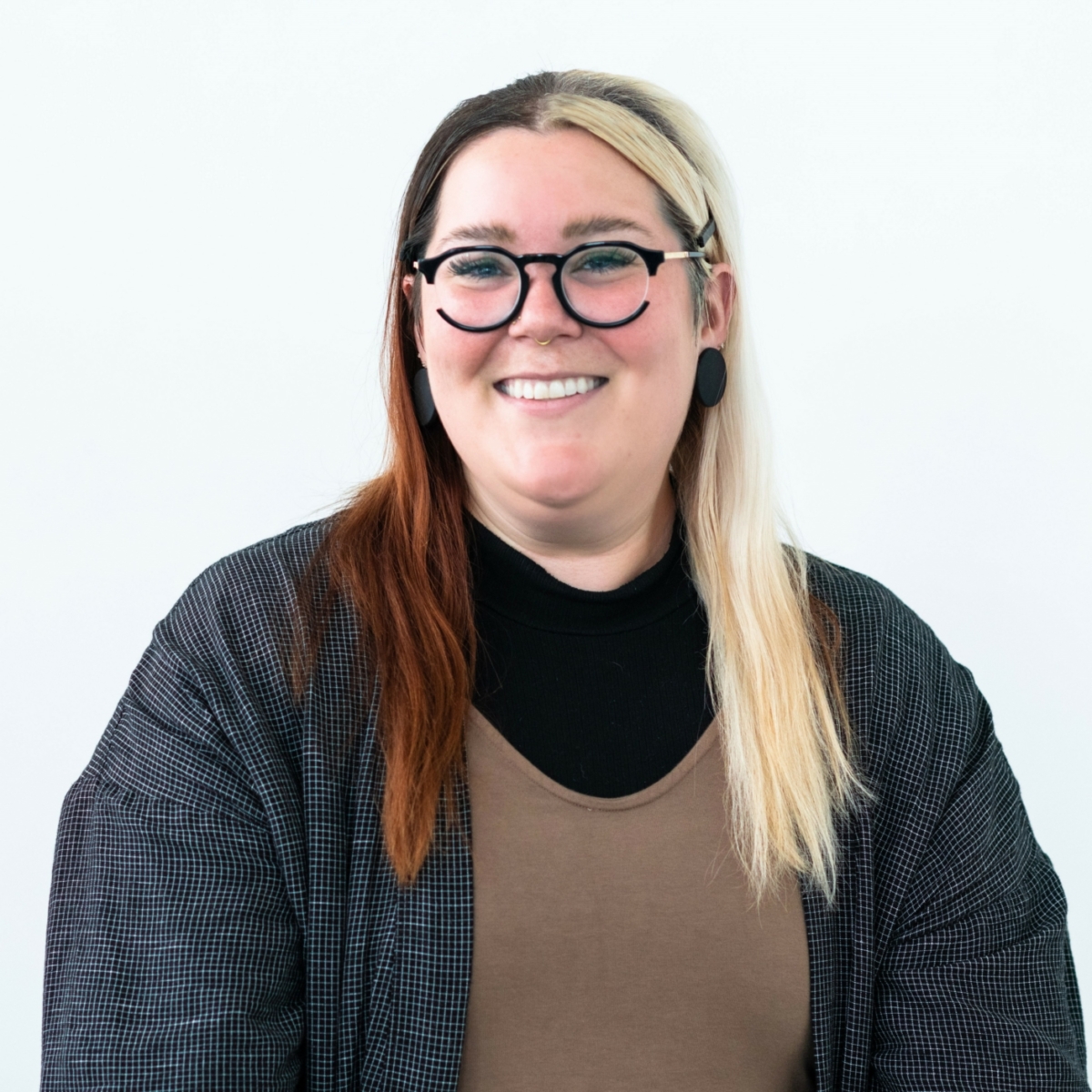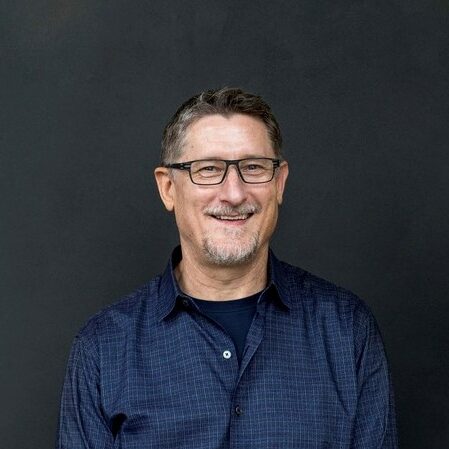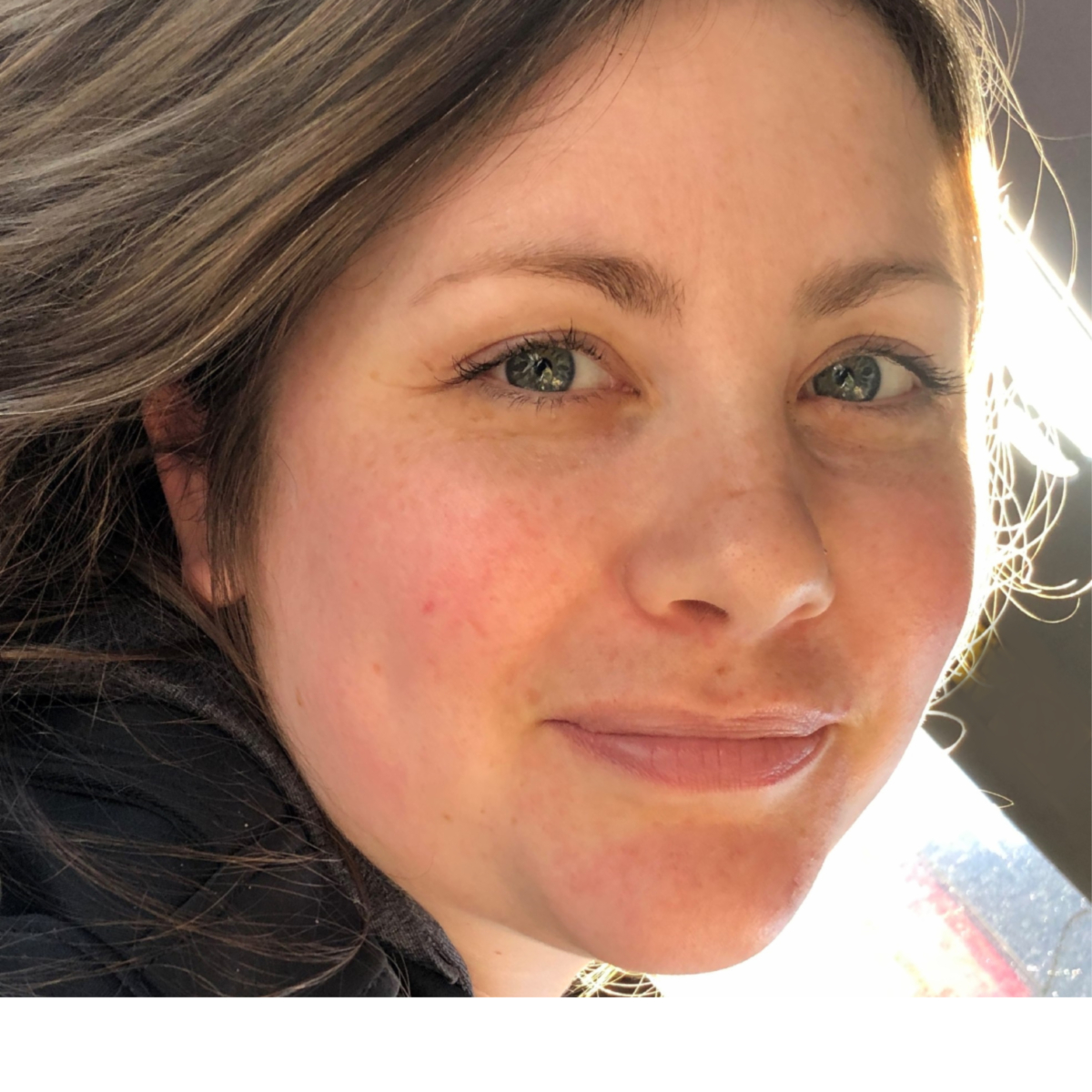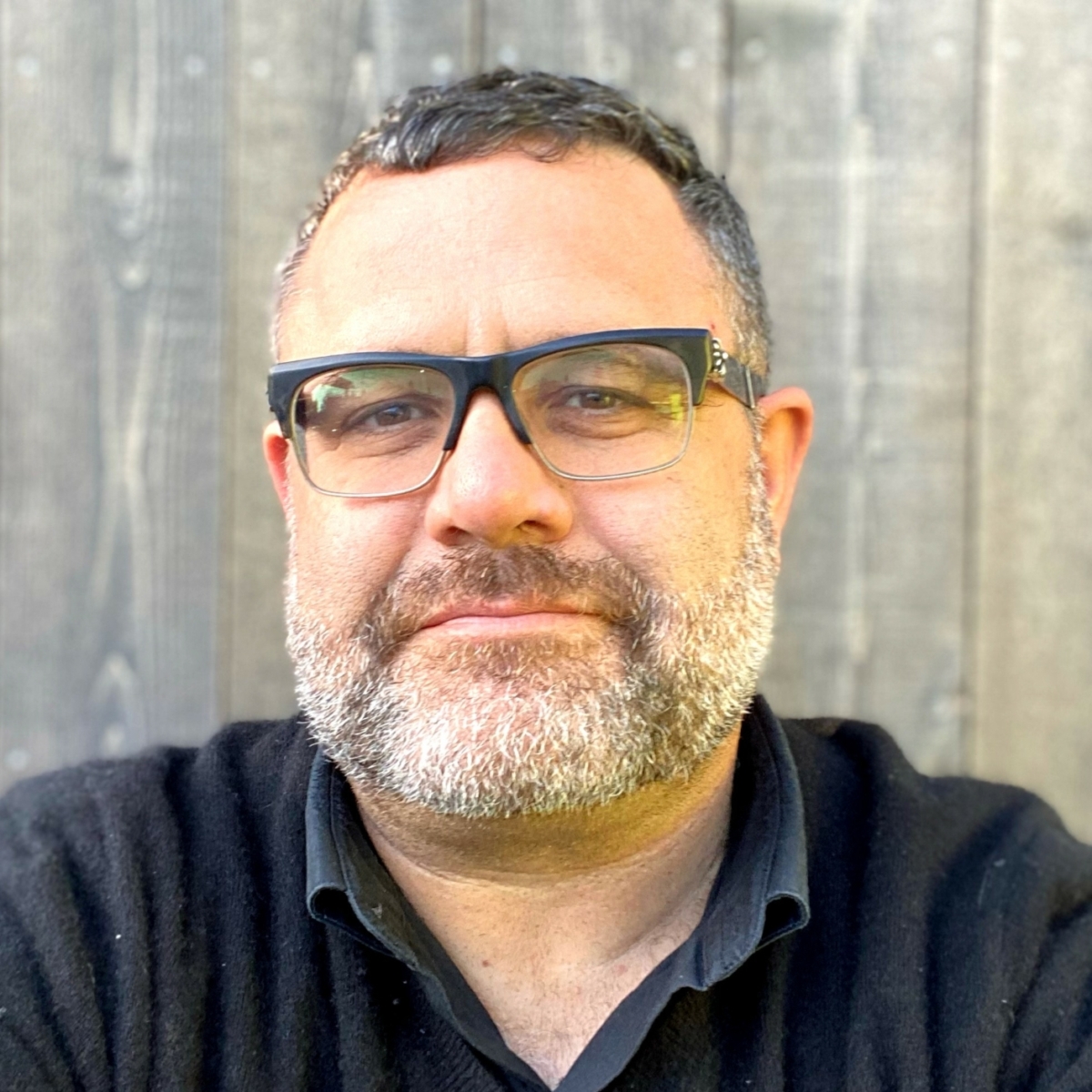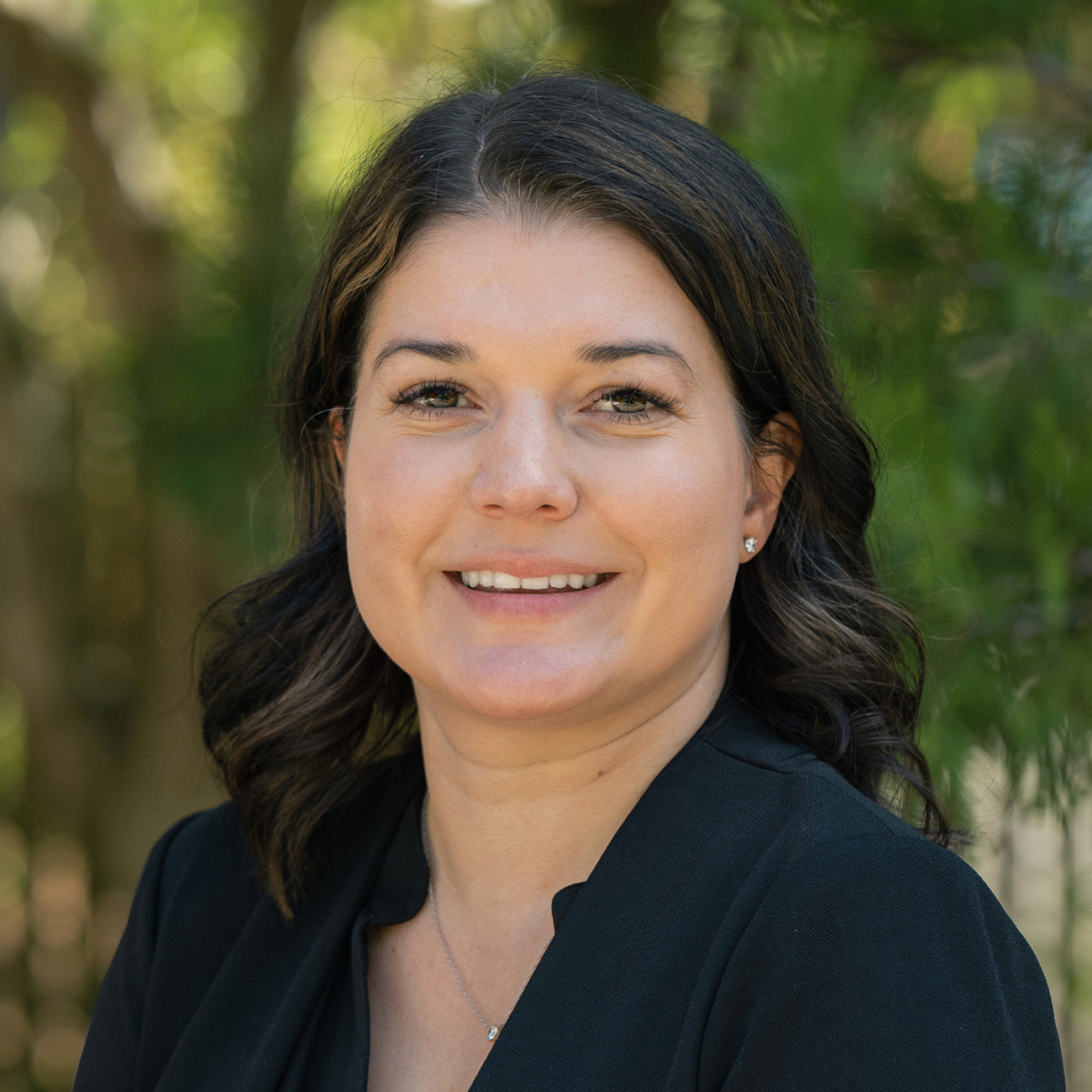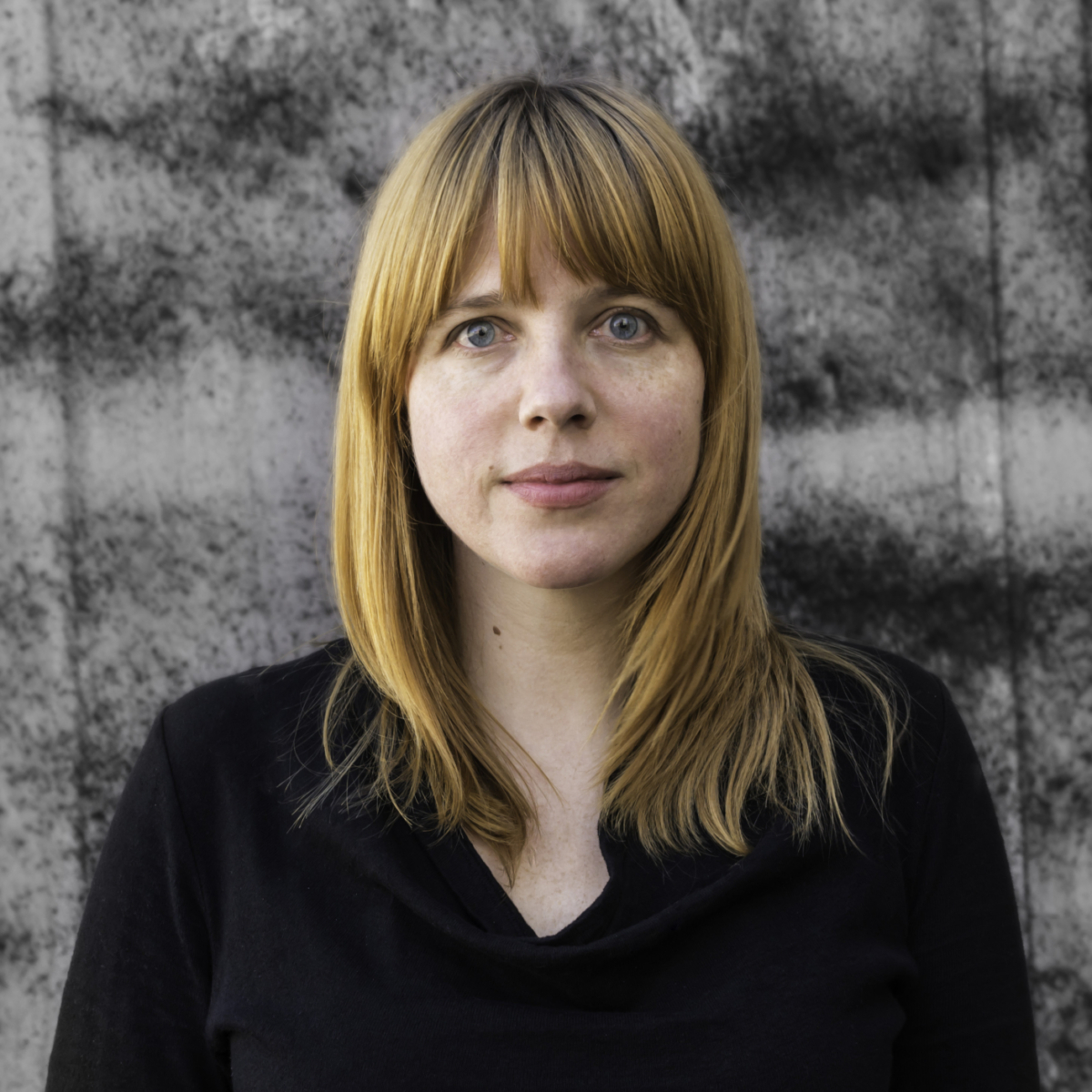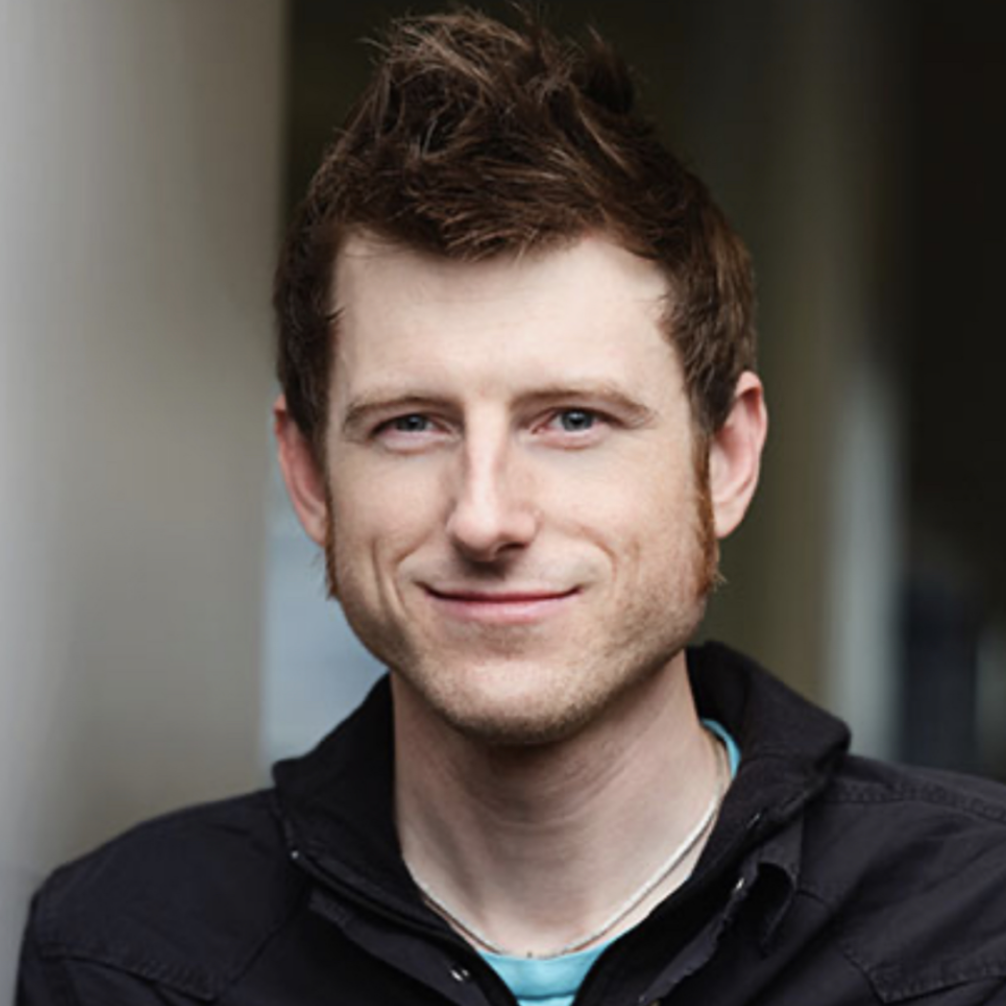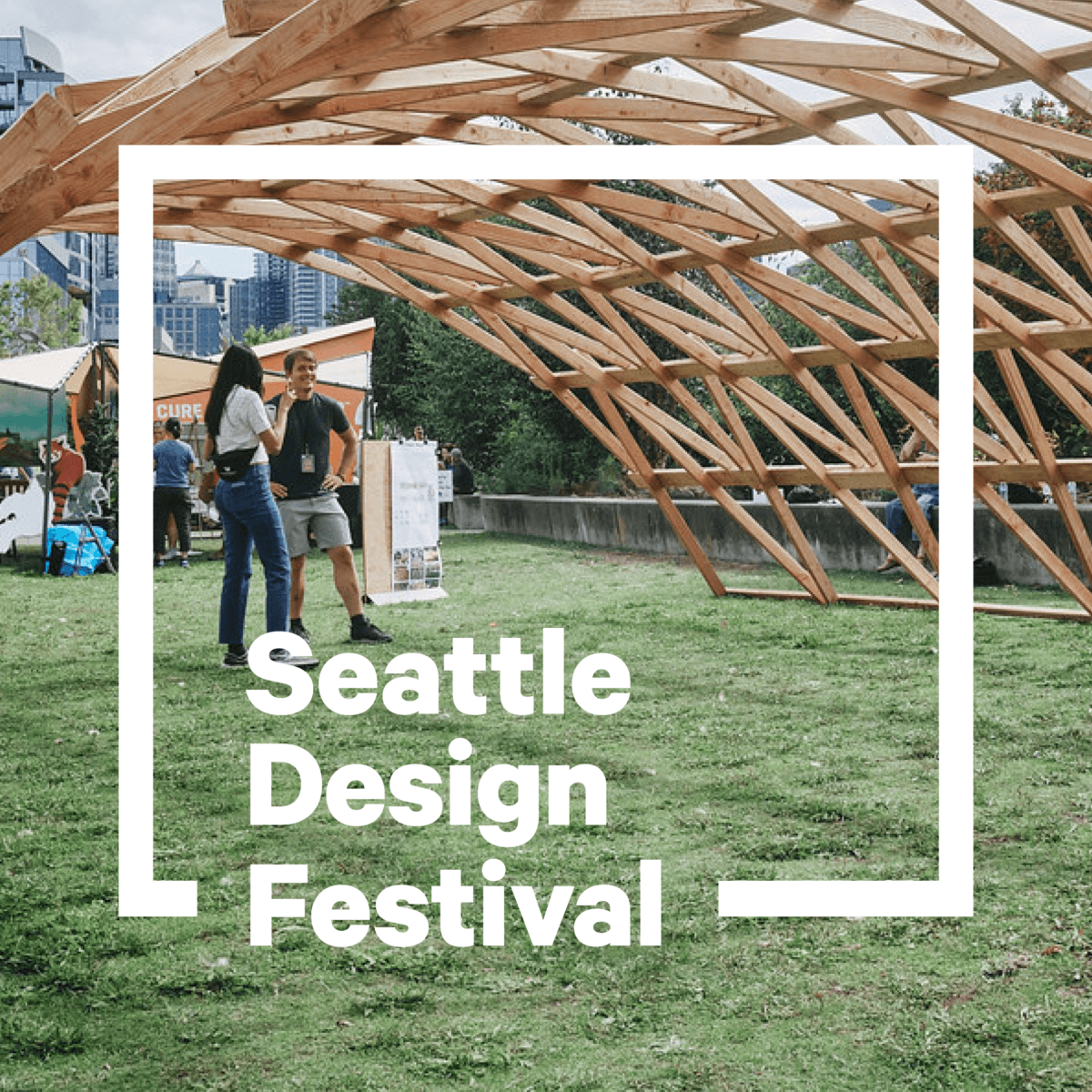As we continue to navigate work in these unprecedented times, AIA Seattle and AIA Washington Council are striving to make sure you have the resources you need to take advantage of federal, state, and local programs designed to help firms and individuals. We’re also working to inform you of policies released by state and local officials and to relay the state’s guidance on how architects can and cannot operate during this ongoing period. If you have questions, comments, or resources to share, please let us know.
COVID UPDATE
This is a review of policies that impact architects at the state and local level. You can view AIA Seattle’s full list of COVID resources and opportunities here.
Construction Activity: On May 15, Gov. Inslee’s office released a memo discussing the reopening of “professional services,” including architecture. In counties that have reached Phase 2 of the governor’s Safe Start approach only (all northwest Washington counties are currently in Phase 1), businesses can resume all operations immediately as long as they meet and maintain the state’s requirements, including providing materials, schedules, and equipment. You can find the guidance for reopening for Professional Services here: Guidance for Professional Services. For counties not yet in Phase 2, these are the guidelines you will need to be able to comply with to reopen once your county does reach Phase 2.
We previously reported on Gov. Inslee’s determination of “essential” businesses and his clarification on construction activity here. On April 24, the governor announced the results of his Construction Industry Roundtable charged with determining the safety precautions necessary to keep construction workers, trades people, and job sites safe. The plan, found here, walks through a detailed set of protocols for low risk construction projects to reopen. For Phase 1 counties, architects supporting low risk projects are currently allowed to return to work if they follow these safety guidelines. (Businesses that are able to continue working remotely are strongly encouraged to do so.)
Codes
Seattle: The Seattle Department of Construction and Inspections (SDCI) has delayed the 2018 code update scheduled to go into effect on July 1 to November 1, 2020. More info is available on SDCI’s code update website.
State: On April 2, Gov. Inslee issued an executive order delaying the implementation date of the 2018 code updates from July 1 to Nov. 1, 2020 in light of COVID considerations. Subsequently, Gov. Inslee was asked by some state legislators and interest groups to delay the state code further – to July 1, 2021 – but he recently issued a response denying that request.
Seattle Design Review
On April 28, the Seattle City Council passed emergency legislation to move affordable housing projects more quickly through the Design Review process under COVID restrictions a week after failing to pass the proposal by one vote. The legislation:
- Shifts projects that are subject to full design review to administrative design review for six months (or earlier if the city can get design review online).
- Exempts from design review certain affordable housing projects funded by the Office of Housing (these are currently required to go through administrative design review).
- Bypasses Landmarks Preservation Board meetings by allowing certain decisions to be made by the city’s Historic Preservation Officer rather than the Board.
Councilmembers unanimously passed an amendment by Councilmember Tammy Morales that allows the International Special Review District (ISRD) in the Chinatown-International District to meet electronically (although approvals are postponed until robust public input can resume). Councilmembers rejected an amendment by Councilmember Andrew Lewis to block projects participating in the Living Building pilot program from using administrative design review.
Additional Design Review guidance from SDCI can be found here.
At the direction of the Housing Task Force, AIA Seattle sent a letter to councilmembers in support of the proposed Design Review changes for affordable housing while also issuing a call for the city to expand on these to address both the coming COVID economic crisis and the ongoing housing crises for all housing projects, including market rate housing.
More Information
If you missed the AIA Town Hall Q&A with SDCI covering many of these issues, you can view the recording here. Use the password: 8x+8M8uA
For more information about SDCI processes under COVID, check out SDCI’s blog, Building Connections.
ARCHITECTS IN ACTION
Designers Working to Provide Street Hand Washing Stations
A group of Seattle designers have been working with Tifffani McCoy of Seattle’s Real Change to create a “do-it-yourself” hand washing station made from off-the-shelf parts. The group includes UW Dept. of Architecture Associate Professors Elizabeth Golden AIA and Rick Mohler AIA as well as landscape architects Professor Jeff Hou of the UW Dept. of Landscape Architecture and Brice Maryman, principal at MIG. Their prototype hand washing station (see sketch here) is designed to connect to hose bibs located on private property. The design includes an integrated rain garden to manage greywater onsite.
The group’s first station was installed on May 19 at Roots Young Adult Center in the U-District (see installation photos here), and they are looking for help to identify more organizations willing to host stations – most likely community or religious organizations. If you have connections to an organization with a potential location, or if you have other siting ideas, please contact Elizabeth Golden. (Before approaching any organization, speak with Elizabeth first.) The group is also working on a detailed manual for people wanting to replicate the design.
The DIY Hand Washing station location criteria includes the following:
- The location must have enough space for the planter and sink plus “safe” space around the user.
- It needs access to an exterior hose bib.
- The host must agree to care for the station (refill soap and clean).
- The location should be in an area of need (close to downtown, Capitol Hill, near an encampment, etc.).
Off the Grid
This group of designers is also working with Anita Chopra, MD, from UW’s Division of Internal Medicine, and Mehr Grewal, a youth community activist and hand washing advocate, on an initiative to develop “off-the-grid” stations based on a design by Street Medicine Detroit, a team of medical students at Wayne State University. Street Medicine has developed and deployed this design in Detroit. While the Street Medicine team has had success making sure these stations stay operational on the streets, this type of station needs a group of dedicated people willing to maintain and refill it at least twice a week. If you have ideas about making such a station work in Seattle, please contact Elizabeth Golden.
The group has also been working with Architects Without Borders-Seattle and AIA Seattle’s Committee on Homelessness on this project.
LOCAL NEWS
Stay Healthy Streets
Seattle has mostly closed 23 miles of residential streets to vehicle traffic under its Stay Healthy Streets program. (Bellevue recently rolled out two Healthy Streets of its own.) While SDOT initially closed a limited number of streets to provide safe alternatives for people to recreate and travel during COVID, the program has proven so popular that the city has continued to add more streets and has indicated that up to 20 miles will remain permanently closed. Residents, delivery drivers, garbage and recycling workers, and emergency response vehicles can continue to use the streets, but no through traffic is allowed. Stay Healthy Streets are selected based on criteria that includes: an ability to amplify outdoor exercise opportunities, areas with limited open space options, areas with low car ownership, and areas able to connect people to essential services and food take out. SDOT has indicated that more streets could be closed to through traffic in the coming months depending on community demand.
AIA Seattle sent a letter endorsing the Stay Healthy Streets program to Mayor Durkan, SDOT Director Sam Zimbabwe, and City Council Sustainability & Transportation Committee Chair Alex Pedersen. AIA called for a much larger network of streets (Oakland’s Safe Streets program covers 74 miles) that allows for expanded and enhanced mobility and provides connections between neighborhoods. Doing so, AIA argued, will allow people in the weeks and months ahead to return to jobs, shop, and eat out while remaining socially distanced and staying out of their cars. AIA also asked the city to encourage and incentivize alternative forms of mobility by leveraging Stay Healthy Streets and expanding micromobility infrastructure to make the COVID-era increased use of micromobility devices more likely to be permanent.
The street-safety advocacy group Seattle Neighborhood Greenways released a proposal in May calling on the city to convert 130 miles of streets to Stay Healthy Streets and make other improvements to allow people to safely walk, roll, and use micromobility devices during COVID and beyond. AIA Seattle has endorsed this proposal. Individuals interested in signing on in support may do so here.
OPPORTUNITIES
ADU Showcase
AIA’s ADU Showcase, the online version of our cancelled ADU Tour, is now open for applications. Projects must be built, designed by an AIA member, and located in one of AIA Seattle’s operating counties. Firms/sole practitioners are limited to one entry each. More info is available here.
ICC Code Committees Seeking Applicants
The International Code Council (ICC) is accepting applications to serve on its 2021/2022 Code Committees during the next code cycle to develop the 2024 editions of the ICC International Codes. These committees will have a significant influence on the content of model codes. Applications for the ICC Code Committees are due June 1. Application forms are available here (use the links under “Codes Committees”).
The following resources offer more information on the code development process and what serving on a code development committee entails:
If you have questions, or if you do decide to apply to one or more ICC code committee, please notify AIA National at codes@aia.org with a copy of your application.
EVENTS
AIA Seattle Committee Meetings
The Center for Architecture and Design is closed until the governor’s Stay Home Stay Healthy order is lifted. All meetings and events are either canceled or moved to an online or conference call format. Check AIA’s events page for more details on specific events.
AIA’s Housing Task Force continues to meet monthly on the second Tuesday at noon via Zoom. For info on how to access the meeting, contact Kirsten.
Finding Balance Across the Spectrum of Residential Design, AIA Seattle’s virtual design week, offers continuing education webinars, discussions, film screenings, art, and engagement focused on small scale residential design inspiration and practice innovation. June 8-12.
The Seattle Design Festival is accepting participant proposals through June 15. This year’s theme, About Time, seeks to ponder past, present, and future at a unique moment of transition for the city, the region and the world. While the traditional physical experiences have been canceled, the festival will now feature digital programming, virtual installations and exhibitions, as well as remote experiences. August 15-23.
We’d love to hear from you! To comment or for more information on these or any other topics, please contact:
Kirsten Smith
Manager of Policy & Advocacy
AIA Seattle & AIA Washington Council
206-957-1926 | kirstens@aiaseattle.temp312.kinsta.cloud



